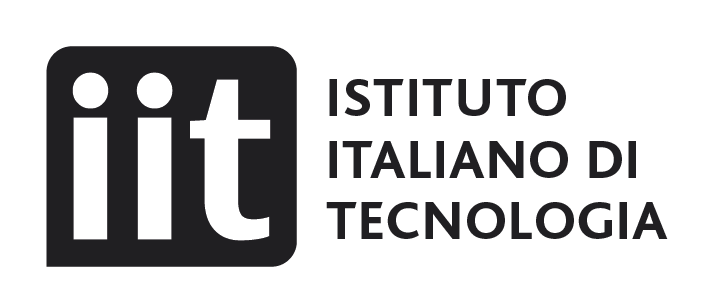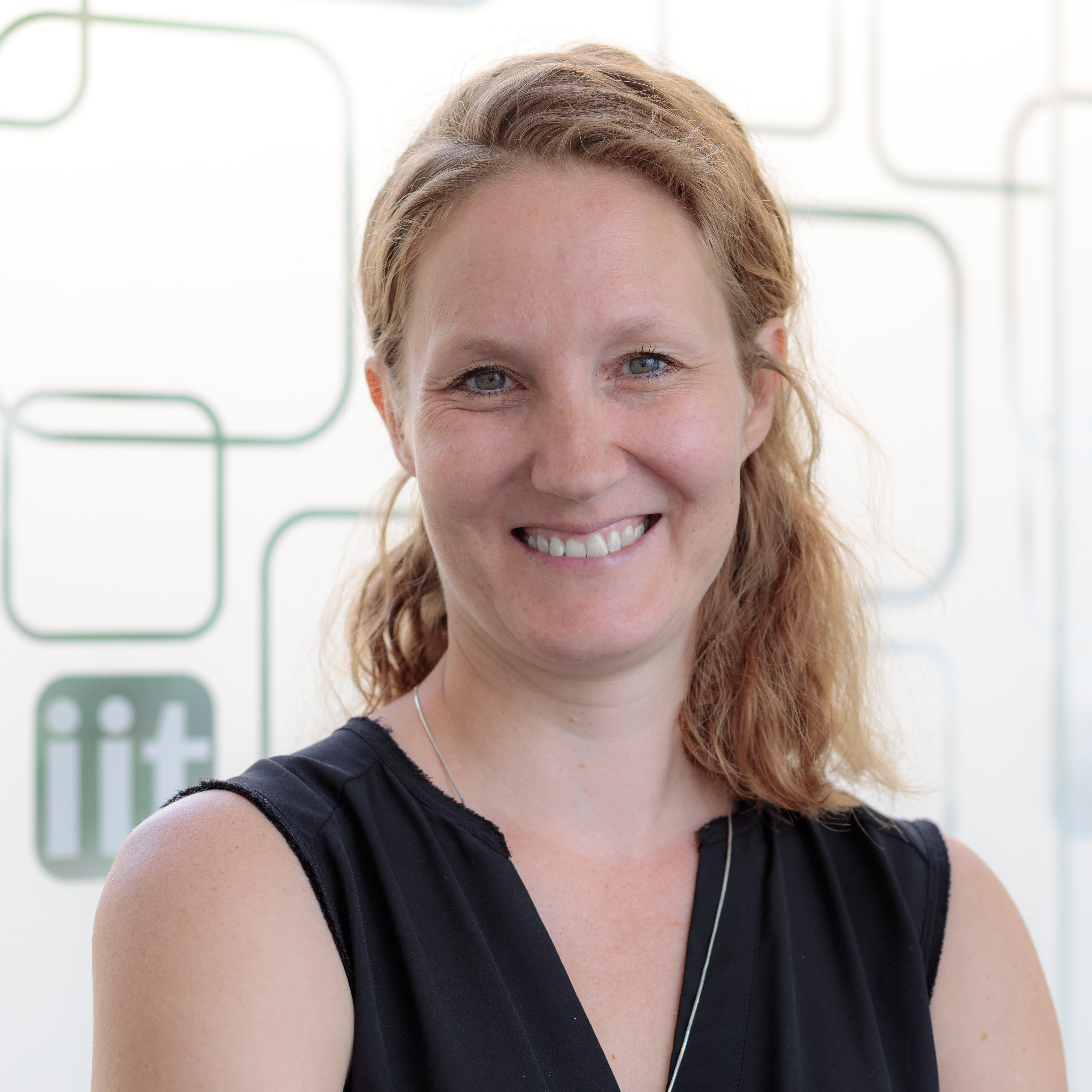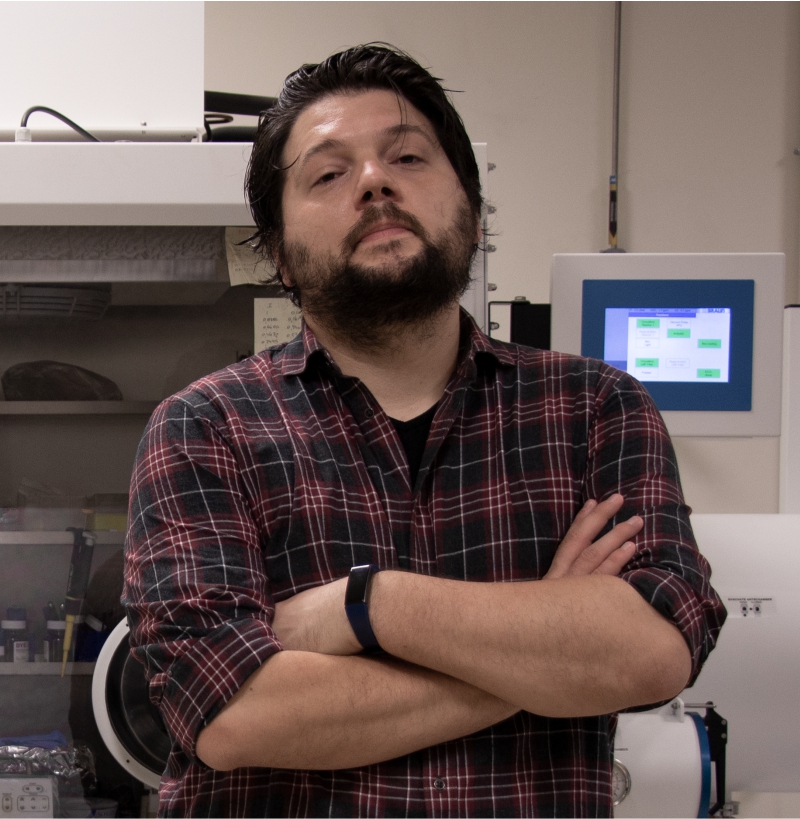Fondazione Istituto Italiano di Tecnologia (IIT)
Fondazione Istituto Italiano di Tecnologia (IIT - Italian Institute of Technology,) is a scientific research center established to promote excellence in both basic and applied research and to facilitate the economic development at national level. IIT scientific activities started in 2006, they are multidisciplinary and with a very strong approach to technology transfer. Research is carried out in the Central Research laboratory in Genoa (IIT headquarters), in 11 research satellite centers across Italy and in 2 outstations in US. IIT scientific vision is interdisciplinary mimicking natural solutions to develop new technologies in the fields of robotics, materials science, and life science. Currently IIT is conducting its new scientific plan (2018-2023) developing four strategic research domains: Robotics, Nanomaterials, Technologies for Life Science, and Computational Sciences. The main goal is to produce technologies that will have a positive impact on some important societal challenges, such as sustainability and the environment, healthcare and aging society, also reflecting the priorities of EU framework programs. This approach promotes the creation of joint-labs and research agreements with industrial partners, universities, and international research centers.
Functional Nanosystems
The Functional Nanosystems (FNS) is particularly interested in manipulating the light-matter interactions at the nanoscale by specifically designing and coupling different zero-dimensional (0D) and 2D nanomaterials to impart novel functionality to the hybrid nanosystem. One major aim is to explore fundamentally new mechanisms to convert and to store the energy of the Sun through the direct light-driven charging of a hybrid model capacitor.
FNS’s research implements different material science methods to produce and characterize novel hybrid nanomaterials and uses steady-state and time-resolved spectroscopy and microscopy to unravel their interaction. The interdisciplinary research approach of the Functional Nanosystems group located between nanochemistry, material science, spectroscopy and optoelectronics delivers a stimulating environment, representing the atmosphere of the Central Research Lab at IIT, one of the biggest research centres in Europe.
Contact
People
Ilka Kriegel
principal Investigator
Ilka Kriegel pursued her PhD in the Photonics and Optoelectronics group at the Ludwig-Maximilians-University in Munich accompanied by a research stay at the University of Chicago, IL, USA, where she studied the optoelectronics properties of nanomaterials. During her first postdoctoral stay in the Ultrafast Spectroscopy labs at Politecnico di Milano, Italy, she got insight into the ultrafast spectral response of (hybrid) nanomaterials. A Marie-Curie (global) fellowship brought her to the Molecular Foundry, Berkeley, CA, USA where she extended her knowledge to two-dimensional materials. Since 2021, Ilka is head of the Functional Nanosystems group at IIT and an ERC Starting Grant (Light-DYNAMO) holder. She is further the coordinator of a collaborative H2020 FET Proactive grant (LIGHT-CAP). Her major research interests lies in the exploitation of functional nanosystems for energy and environment. Ilka is mother of three children.
Andrea Rubino
participant
Andrea Rubino earned, in 2020, his PhD from the Inorganic Chemistry Dept. of the University of Seville, within the PhD program of Science and Technology of New Materials. Previously he graduated with a Master's Degree in Chemical Science from the University of L'Aquila. The research work during the PhD was carried out at the Institute of Material Science of Seville (CSIC-US), within the Multifunctional Optical Material research group, led by Prof. Hernan Míguez, with a thesis entitled "ABX3 perovskite nanocrystals in porous matrices". From March 2021, Andrea Rubino is a postdoc researcher in the FuncNano group of IIT, headed by Dr. Ilka Kriegel. The interests developed during his scientific career concern nanomaterials for technological applications in the field of optoelectronics, from synthesis and preparation to fundamental characterization to implementation in energy devices. His work focuses on the use of semiconductors nanocrystals, such as perovskites, metal oxide nanoparticles and porous systems, and on the study of structural and photo-physical properties for energy applications based on light interactions.


